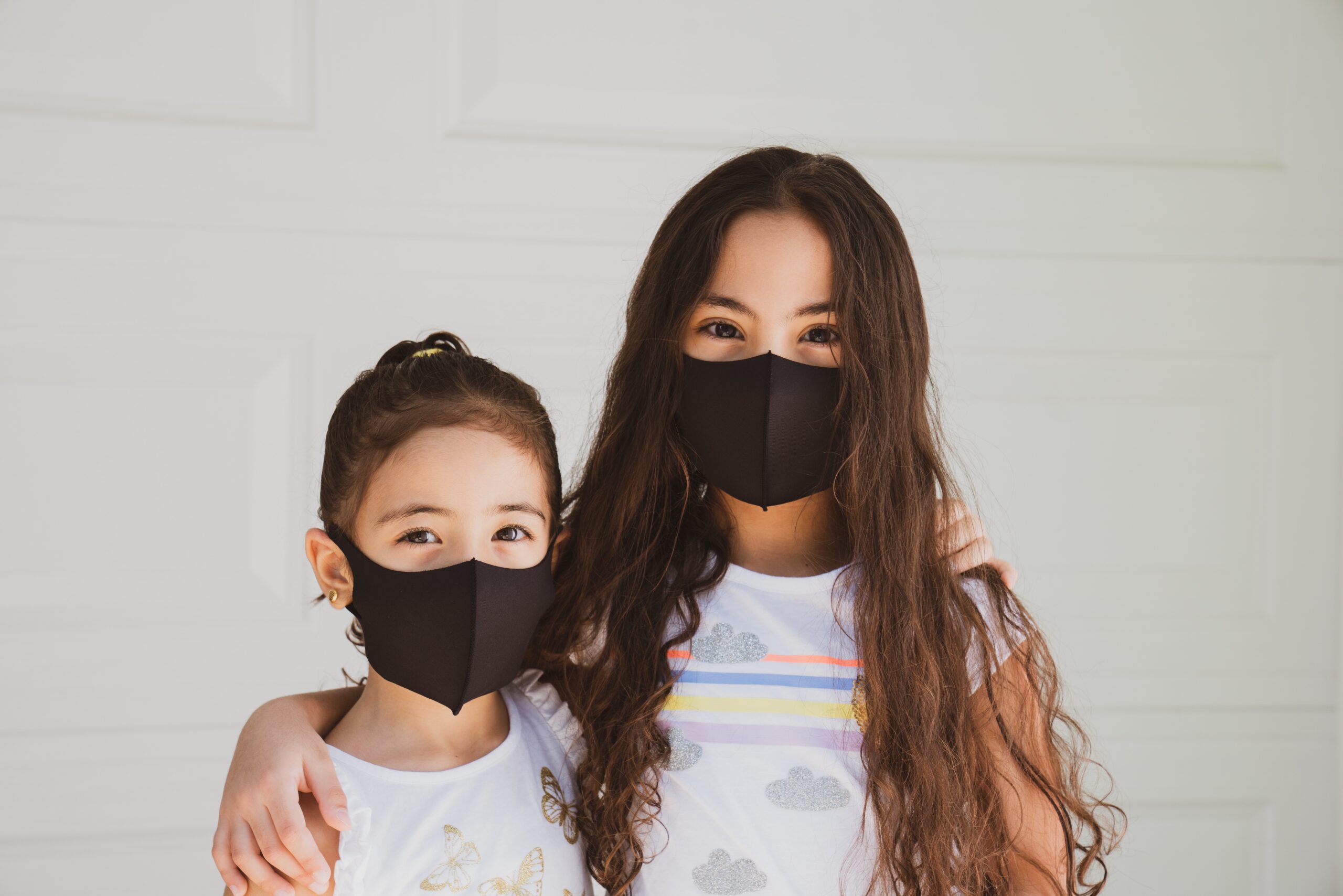Younger children can receive two doses of the children’s version of the Pfizer vaccine
Almost half a million New Zealand kids will be eligible for COVID-19 vaccination from Monday, when criteria widen to include 5-11 year olds.
As the roll-out progresses, equitable access to vaccines for children, especially tamariki Māori, will be closely scrutinised in the wake of Waitangi Tribunal recommendations last month.
The SMC asked experts to comment.
Associate Professor Siouxsie Wiles, School of Medical Sciences, Faculty of Medical and Health Sciences, University of Auckland, comments:
“I’m really grateful that our younger children will now be able to participate in protecting themselves and their loved ones from Covid-19. The real-world data is clearly showing that Pfizer’s children’s vaccine is safe and effective. In the USA alone, 8.7 million doses were given to 5-to-11-year-olds between 3 November and 19 December 2021. Like New Zealand, the USA has a system, called VAERS, for people to report any potential side effects from vaccination. An analysis of the data shows there were no deaths related to vaccination and of the 4,249 reports to VAERS, most were for errors with how the vaccine was stored or prepared or for side effects like fatigue or headaches. The VAERS data also shows that myocarditis after the Pfizer vaccine is very rare in this age group. There were just 15 reports, of which 11 were verified. At the time of the analysis, seven of the children had already recovered and the other four were recovering.
“It is a privilege to have such a safe and effective vaccine being rolled out to our younger children and for me highlights once again the global disparities in access to vaccines. Current data shows that just 13 doses of Covid-19 vaccines have been delivered per 100 people for those in low-income countries. For high-income countries, it’s 173 doses per 100 people. No one is safe until we are all safe, so I hope that people will take up the opportunity to get their children vaccinated, to get their own booster doses, and to advocate for access to vaccines for those less privileged than us.”
No conflicts of interest declared.
Dr Dion O’Neale, Principal Investigator, Te Pūnaha Matatini; and Lecturer, Physics Department, University of Auckland, comments:
“Vaccinating 5 to 11 year olds will be a big step forward for reducing opportunities for COVID-19 transmission and protecting against severe symptoms from breakthrough infections. Aotearoa has a relatively young population – 90% of the 12 plus population being vaccinated translates into only 75% of the total population. Opening up vaccination for 5 to 11 year olds means that around half of the people who were previously ineligible for vaccination will now have access to the protection that vaccination offers.
“This pattern is stronger in the case of Māori, where an even younger population means that 90% vaccination coverage for 12 and older still leaves a third of Māori unvaccinated. It’s therefore crucial that the extension of vaccine eligibility to children has a strong focus on making those vaccinations accessible to Māori.
“The low case numbers for COVID that we have seen recently, have all taken place against a background of children being out of school and many adults being on holiday. As children return to school, it is important that we try to ensure they have the highest rates of protection possible, through getting them vaccinated quickly.”
Conflict of interest statement: I, along with others from Te Pūnaha Matatini, are funded by Department of Prime Minister and Cabinet to provide advice on the COVID response and from a Health Research Council grant to look at equity related to COVID in Aotearoa.
Dr Dianne Sika-Paotonu, Immunologist, Associate Dean (Pacific), Head of University of Otago Wellington Pacific Office, and Senior Lecturer, Pathology & Molecular Medicine, University of Otago Wellington, comments:
“Our 5-11 year old children, tamariki and tamaiki, will have access to the paediatric Pfizer COVID-19 vaccine on Monday 17th January 2022, and will have had less time than others across Aotearoa New Zealand to get their COVID-19 vaccine – an equity focus with appropriate prioritisation with the vaccination roll-out will be critical, with 500,000 paediatric doses of the Pfizer COVID-19 vaccine arriving in Aotearoa New Zealand last weekend.
“Of those affected by the current Delta outbreak in Aotearoa New Zealand, a total of 2,276 (or 20%) children, tamariki and tamaiki aged 9 years and under, were infected by the virus and ended up with COVID-19 – this also included babies and a 6-week-old.
“Vaccination levels for Māori receiving their first dose of the COVID-19 vaccine have now reached 88% and 83% for those receiving their second, with 95% of eligible Pacific peoples having received their first dose and 92% now fully vaccinated. It was reported also that Capital Coast DHB has reached 90% fully vaccination levels for Māori.
“This is a result of relentless work, commitment, energy and effort by Māori and Pacific teams working tirelessly to drive up vaccination levels and protect their communities by addressing accessibility issues, reducing barriers and building trust – this work must be supported to continue.
“That more than 90% of 12 – 15 year olds in Aotearoa New Zealand are now fully vaccinated against COVID-19 is also welcome news.
“There remains work to do in Aotearoa New Zealand if we want to keep everyone safe and protected from COVID-19. Omicron’s higher transmissibility could still lead to increased case numbers in our communities in Aotearoa New Zealand, and poses risk for the most vulnerable. A maintained focus on vaccination, boosters, border controls and public health measures is still needed. COVID-19 testing efforts must also continue.
“Please stay safe this summer and keep others around you safe as well – by getting vaccinated, boosted, tested, following the rules and reaching out to help others do the same.”
No conflicts of interest declared.
